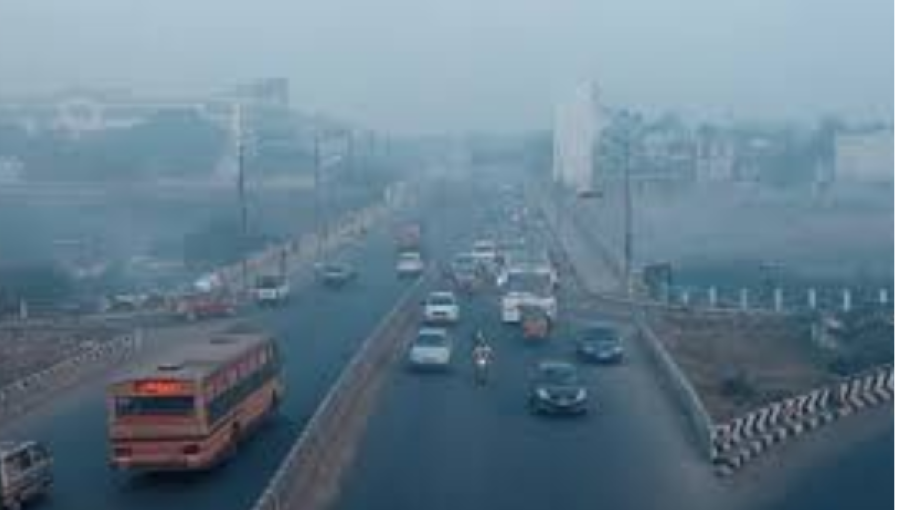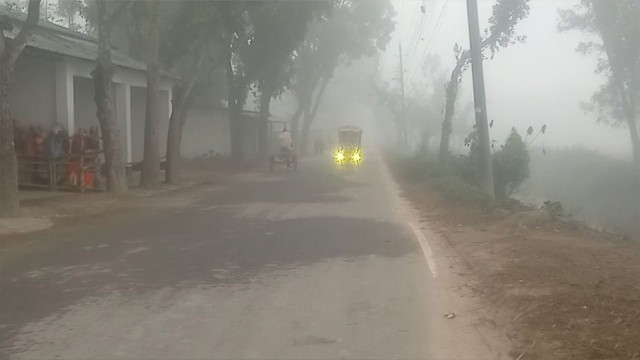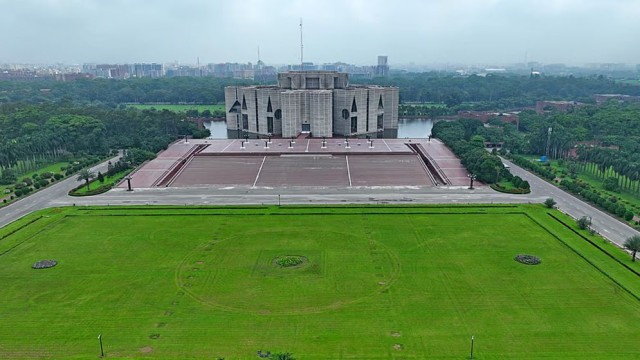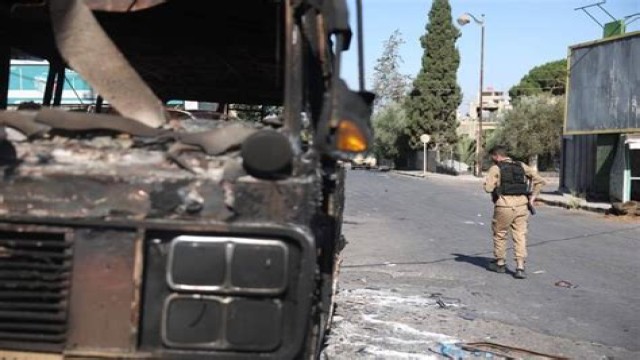The amounts of pollution in large urban areas have been measured today, on July 01, 2024, as the air condition is impacted by changes in weather and expansion of cities.
In Delhi, India, the AQI stands at 189, classified as 'Unhealthy'. The high levels of particulate matter (PM2.5 and PM10) are primarily due to vehicular emissions, industrial activities, and construction dust. Residents, especially sensitive groups, are advised to avoid outdoor activities and reduce prolonged or heavy exertion outdoors.
Kinshasa, Democratic Republic of the Congo has an AQI of 187, also in the 'Unhealthy' category. Industrial emissions and vehicle exhausts are the main contributors. Similar to Delhi, sensitive groups should stay indoors, and the general population should limit outdoor activities.
In Jakarta, Indonesia, the AQI is 166, indicating 'Unhealthy' air quality. Traffic congestion and industrial emissions are the primary sources of pollution. Sensitive groups, including children and the elderly, are advised to avoid outdoor exertion.
Beijing, China reports an AQI of 142, categorized as 'Unhealthy for Sensitive Groups'. Emissions from factories and construction dust are significant contributors. People with respiratory or heart conditions should limit prolonged outdoor activities.
Lahore, Pakistan has an AQI of 158, classifying the air quality as 'Unhealthy'. Vehicular emissions, industrial discharges, and construction dust are the primary contributors. Sensitive groups should avoid all physical activity outdoors, and the general public should limit outdoor exertion.
In Dhaka, Bangladesh, the AQI is 58, classified as 'Moderate'. Emissions from vehicles and industries are the main sources of pollution. The air quality is generally acceptable for most people, but those unusually sensitive to air pollution may experience some health concerns.
Los Angeles, USA reports an AQI of 101, categorized as 'Unhealthy for Sensitive Groups'. Vehicle emissions and smoke from nearby wildfires are significant contributors. Sensitive groups should reduce prolonged or heavy exertion outdoors.
Mexico City, Mexico has an AQI of 128, indicating 'Unhealthy for Sensitive Groups'. Traffic emissions and industrial activities are the primary sources of pollution. Sensitive groups should limit outdoor activities.
In São Paulo, Brazil, the AQI stands at 96, categorized as 'Moderate'. Emissions from vehicles and industrial sectors are the main contributors. The air quality is generally acceptable; however, people unusually sensitive to air pollution may experience some health concerns.
London, United Kingdom reports an AQI of 70, also classified as 'Moderate'. Traffic emissions and construction activities are significant contributors. The air quality is acceptable for most people, but there may be risks for those unusually sensitive to air pollution.
Many cities continue to struggle with severe air pollution, particularly in developing countries. According to the latest State of Global Air (SoGA) report, air pollution was responsible for 8.1 million deaths worldwide in 2021. The World Health Organization (WHO) estimates that air pollution kills approximately seven million people annually, largely due to increased mortality from stroke, heart disease, chronic obstructive pulmonary disease (COPD), lung cancer, and acute respiratory infections. Children under five are particularly vulnerable, with over 700,000 deaths in this age group attributed to air pollution in 2021.































Comment: